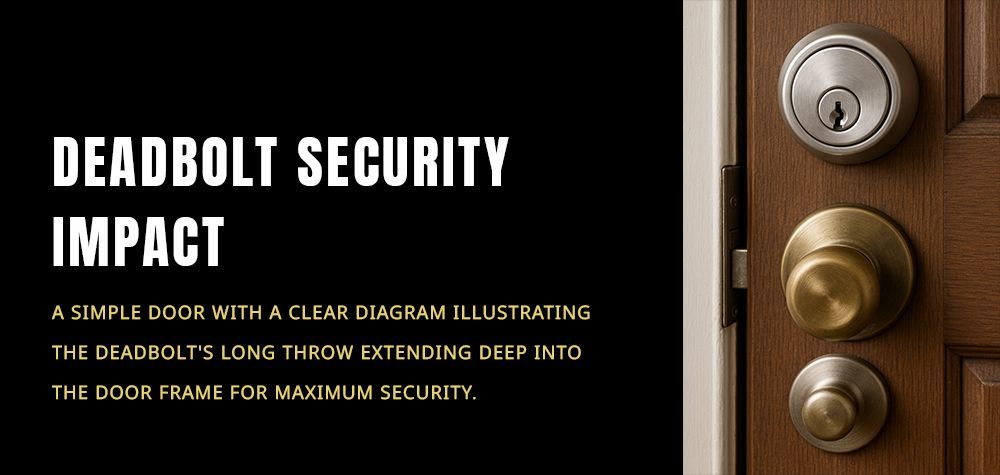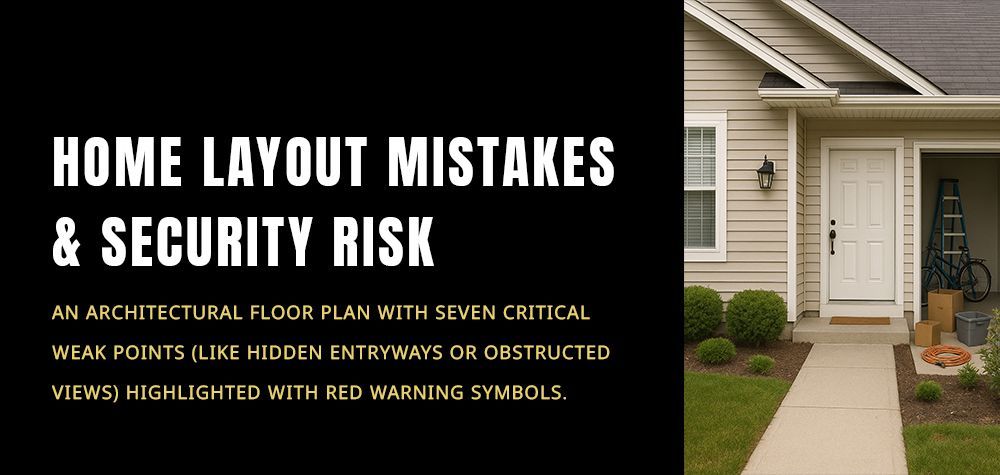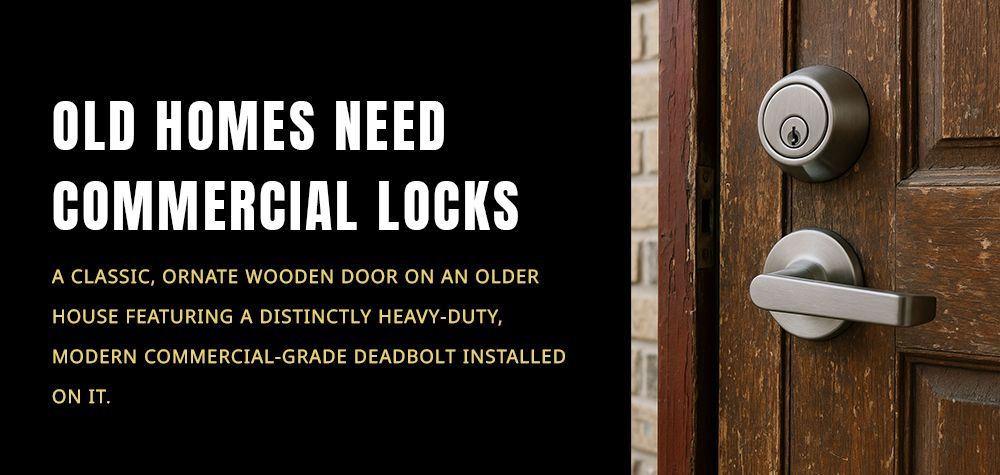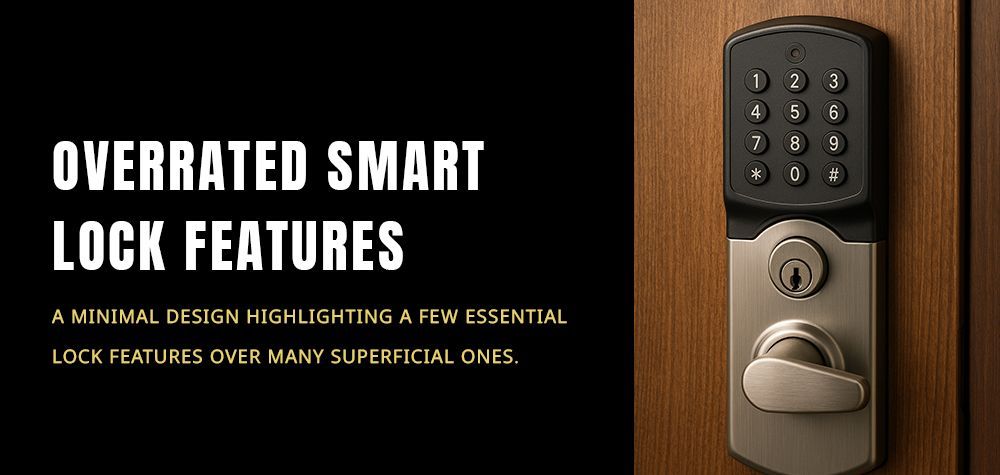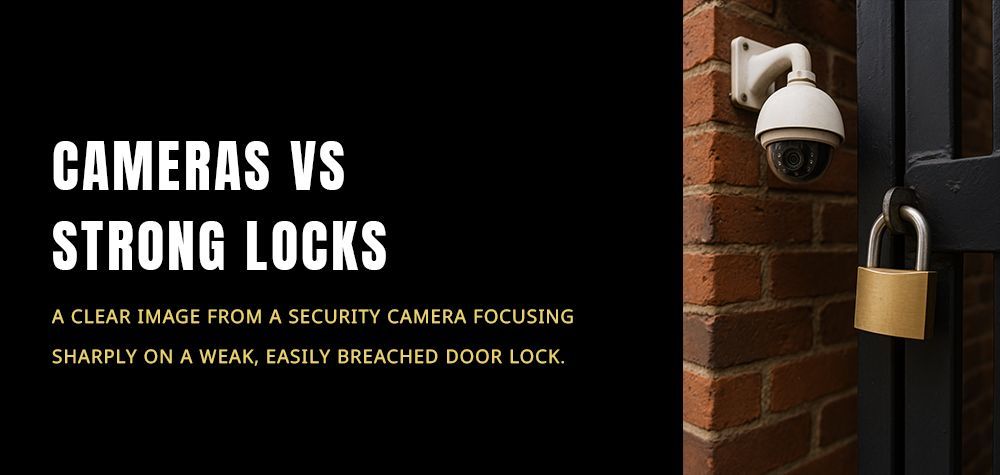Reasons to Install a Safe at Home: Comprehensive Guide
When it comes to securing valuable items, sensitive documents, or priceless heirlooms, having a safe at home provides more than just peace of mind—it offers real protection. Here’s an in-depth look at why installing a home safe is a smart move for every homeowner.
1. Protect Important Documents
Your home may be full of essential documents like birth certificates, wills, deeds, and passports. These papers are crucial for legal and personal reasons, and losing them can be a significant hassle. A fireproof and waterproof safe ensures that your documents remain intact, even in emergencies like fire or floods.
2. Safeguard Valuables Against Theft
Theft is a real concern for homeowners, and having high-value items like jewelry, cash, and collectibles exposed is risky. Installing a safe adds an extra layer of security, making it nearly impossible for burglars to walk away with your valuables. Most safes are heavy, securely anchored, and require complex combinations or keys—making theft a tough job for criminals.
3. Fire and Flood Protection
Many modern safes are designed to be resistant to fire and flood damage. Having a safe that can endure high temperatures or water damage offers a vital safeguard for both documents and valuables. Natural disasters can strike anytime, and a well-installed safe will give you the confidence that your essential items are protected.
4. Keep Firearms Secure
For those who own firearms, ensuring that they are safely stored is not only responsible but legally required in many places. A gun safe can keep firearms away from children or intruders, preventing potential accidents and misuse.
5. Prevent Identity Theft
Identity theft is an increasing concern, especially with personal information stored physically at home. Documents like Social Security cards, financial statements, and tax records contain sensitive information. Storing these in a locked safe ensures that no one can access them unless authorized.
6. Convenient and Private Storage
When you have a home safe, you can quickly access your valuables or documents whenever you need them—no need to visit a bank’s safety deposit box. Plus, it's private; only you know the contents, and it remains within your control.
7. Peace of Mind When Traveling
If you travel frequently, you might worry about leaving valuables at home. A safe ensures that even when you’re away, your belongings are securely stored. This peace of mind is priceless, especially during extended trips.
8. Organized Storage for Heirlooms and Collectibles
Family heirlooms, rare coins, or collectible items might not have immediate monetary value but are priceless to you and your family. A safe allows you to store these items safely and keep them well-organized, protecting them from damage, theft, or loss.
9. Compliance with Insurance Policies
Many insurance policies require specific security measures for high-value items. Having a professionally installed home safe can meet insurance requirements and potentially lower your premiums, saving you money in the long run.
10. Emergency Cash Access
Keeping some cash at home for emergencies is always a good idea. A safe ensures that this cash is secure and easily accessible when you need it most, whether it’s for an unexpected expense or during a power outage when ATMs may be down.
Choosing the Right Safe for Your Needs
With various types of safes available—fireproof, waterproof, biometric, or even basic combination safes—it’s essential to choose one that best fits your security needs. Consider the size, locking mechanism, fire and flood ratings, and installation location when selecting a safe.
Get Professional Installation for Maximum Security
To ensure your safe is secure and installed correctly, you might consider professional services like those offered by Brother Locksmith. Expert installation ensures that your safe is anchored properly, minimizing risks of tampering or removal.
Call Us Any Time!


